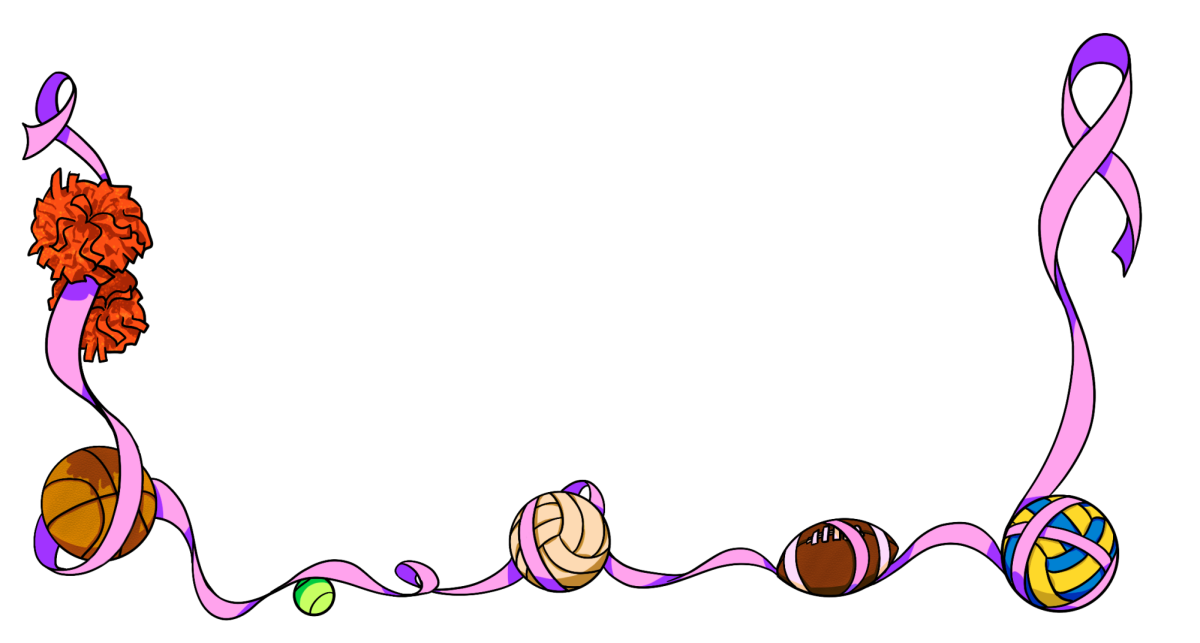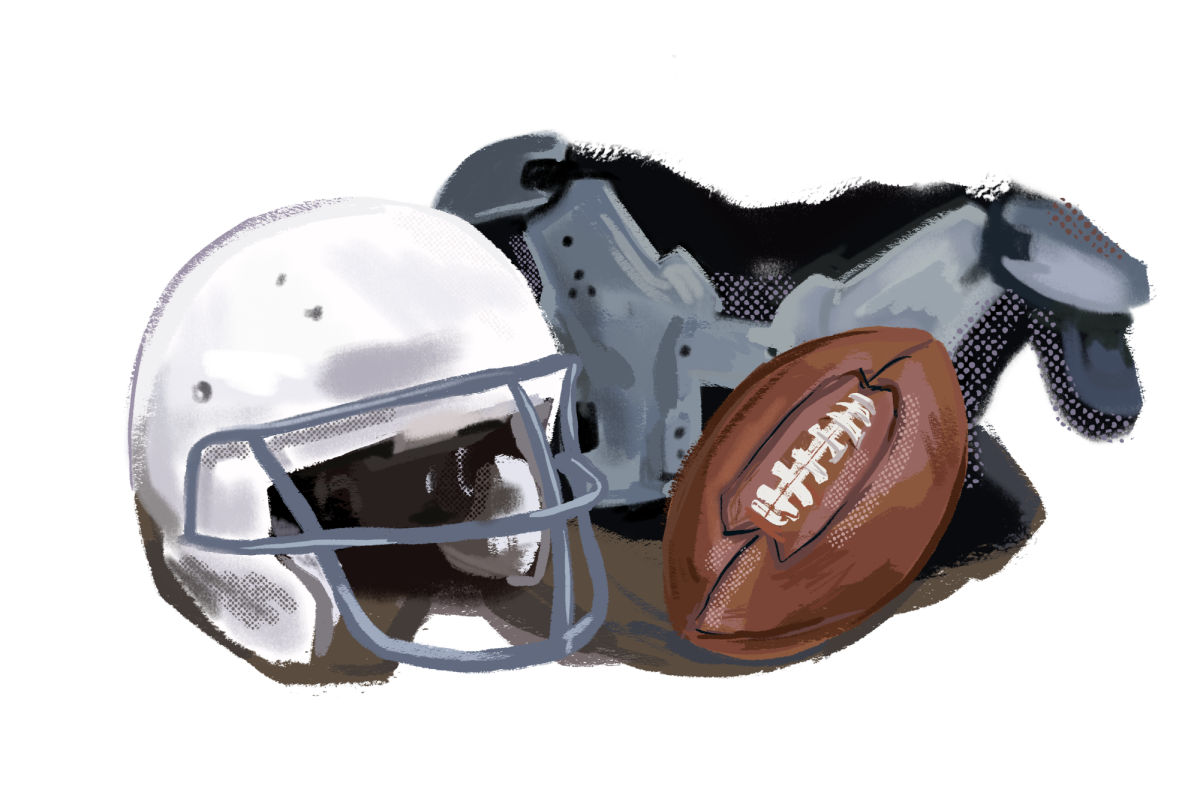Written by Emma Chiao
Eating healthy foods before exercising can improve your workout, with the timing and specific supplements being important factors. The optimal nutrient intake before and after exercise can maximize its benefits and speed up the muscle recovery process.
According to Sports Nutrition teacher Cindy Peters, the types of food to eat or avoid depend on factors such as age, stress levels, exercise intensity and the specific sport. As a general rule, however, it is best to avoid anything spicy or with a high fat or sugar content right before exercising. Sugary foods such as soft drinks, maple syrup, potatoes, corn flakes or white rice can result in a glycemic effect where foods either release their glucose into the blood quickly after consumption or produce a gradual rise in blood glucose levels. Though high blood sugar can be harmful, sugar is still necessary for the body to function, and balance is essential. “A drop in blood sugar can leave the athlete tired, lightheaded and fatigued,” Peters wrote in an email.
It is best to opt for foods that are easier to digest and contain high levels of carbo- hydrates for energy and refueling. As for the timing, there are a little less restrictions with what your body is capable of digesting. “Snacks eaten within an hour before exercise or an event maintain blood sugar and make sure you aren’t hungry,” Peters wrote. “Slowly digested carbohydrates with a moderate to low glycemic effect work best.” Some of the best examples include yogurt, bananas, oatmeal, bean soup, lentils and apples.
Additionally, the length of your workout should impact your food intake. “If you are exercising for less than an hour, try bread, English muffins, bagels, crackers and pasta for high-carb and low-fat pre-exercise snacks,” Peters wrote. “Avoid high-fat proteins like cheese omelets and hamburgers because of the length of time they take to empty from the stomach.”
After a workout, the main goal of the athlete should be to regain the fluid lost through sweat. Beverages such as juice supply not only water, but also carbs, vitamins and potassium. Even watery foods such as watermelon, grapes and soup can provide the necessary fluids. A carbohydrate-heavy post- workout meal can also supply beneficial nutrients for recovery. “Consume carb-rich foods and beverages within 15 minutes a er workout to optimize muscle glycogen replenishment,” she wrote. “Protein and carbs stimulate the action of insulin, a hormone that transports glucose from the blood into the muscles.” It is recommended to eat protein along with carbohydrates such as milk and cereal, turkey on a bagel, spaghetti with meat sauce or an energy bar with six grams of protein.
Peters also stressed the importance of shunning fad diets or diet myths. A common misconception is that a lot of protein is required when exercising; in actuality, balance is key. Recent discoveries show that certain vegetables, such as carrots and parsnips, should be avoided before exercising due to higher glycemic levels. As for beverages, water is always the best option, just not ice water. This is because of the shock that a body can experience when its recently-warmed-up innards are exposed to ice water. However, sports drinks in moderation can also help replenish electrolytes and speed up recovery.
Having the essential nutrients for exercise starts with basic foods and intuitive eating. “Carbohydrate-rich grains, fruits and vegetables are the best foundation for every type of training program,” Peters wrote. “Know your body and its reactions to food.”










